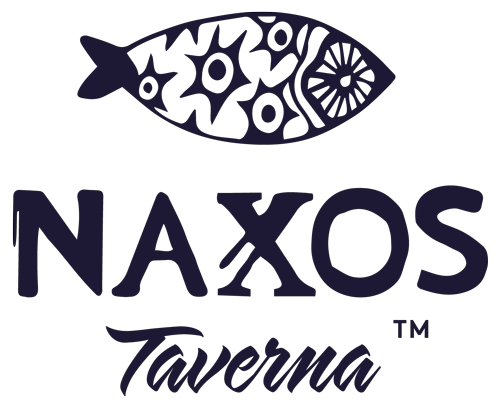5 Health Benefits of Mediterranean Cuisine

The pleasures of a Mediterranean diet are not only for the taste buds but are also for your body and mind. Time-tested, it has been around for centuries but came to the front of attention in the 1950s. The diet combines fresh foods to create a balanced, nutritional plate.
As a result, the benefits of a Mediterranean diet are almost unlimited. Conveniently, following the Mediterranean palate is neither stringent nor unpleasant. So whether you are eating in a Mediterranean restaurant in Las Vegas or incorporating the Mediterranean into your home for a taste of sunshine and sea, here are five health benefits of the Mediterranean diet.
1. Weight Loss
A Mediterranean diet benefits include weight loss. With a focus on nutrient-rich foods and a cautious approach to eating, this diet provides satiety while minimizing processed and unhealthy ingredients. Carrying on, by prioritizing healthy fats with a heavy emphasis on olive oil, whole grains, fruits, vegetables and lean protein, you can prioritize weight loss and maintaining a healthy body mass index (BMI).
2. Heart Disease Prevention
A Mediterranean diet is ideal for decreasing bad cholesterol and elevating good cholesterol. To explain the benefits sufficiently, it is worth explaining the difference between the two types.
Good Cholesterol vs Bad Cholesterol
Good cholesterol (HDL) helps to transport cholesterol to your liver and enhances its removal from your bloodstream. On the other hand, LDL transports cholesterol to the arteries, increasing the risk of blood clots. Because it is rich in monounsaturated fats from olive oil, nuts, and seeds, the Mediterranean diet supports good cholesterol and cardiovascular function, decreasing the risks of heart attacks, strokes and other diseases.
However, in this regard, it is worth keeping an eye on your fat intake. The Meditterean diet includes a high amount of fats, so make sure you keep portion sizes minimal.
3. Improved Brain Function
With a rich inclusion of antioxidant-rich foods and omega-3 fatty acids from fish, the Mediterranean lifestyle can likewise boost cognitive function and its decline.
Fatty acids found in fish are excellent for your health, with recipes including salmon and sea bass helping contribute to brain health and may even reduce the risk of neurodegenerative diseases like Alzheimer's. In addition, overall stable blood sugar levels resulting from the diet's emphasis on whole foods further provide a steady energy supply for optimal mental performance.
4. Reduced Cancer Risk
Peppers, tomatoes and rice are abundant in Mediterranean cooking, whether they are included in a pan roast or a lean salad. These meals combat oxidative stress and inflammation, known contributors to cancer development, by creating a high intake of antioxidants, vitamins and minerals. Introducing fish into your diet as a source of lean protein may also offer prevention against breast and colorectal cancer. Cod, basa and tuna are commonly attached to Mediterranean living but are positive additions to any diet.
5. Enhanced Digestive Health
Whole foods, fiber-rich fruits, vegetables, legumes, and fermented dairy products promote a healthy digestive system. Therefore, by including these foods in your diet can sustain a balanced gut microbiome, improving overall gut health. Likewise, one of the main characteristics of the diet, the heavy use of olive oil, will help to reduce gut inflammation and keep your digestive system running smoothly.
Styles of Mediterranean Eating
The Mediterranean accounts for 16 different countries, meaning that this diet is incredibly flexible. Most of the diets rely on olive oil in cooking and garlic, tomato and onions, but they do have slight differences from country to country.
Greece: Grecian cuisine is characterized by the use of lamb, rabbit and feta cheese. Some of Greece’s most popular dishes include Souvlaki and Tomatokeftedes.
Spain: The Spanish cook with lots of tomatoes and include lots of citrus fruits in their diet. Paella originates within Valencia and is eaten across the world.
Portugal: Portuguese dishes include pork, beef and lots of seafood. Bacalhau is arguably the country's most famous dish. It consists of cod and has various alterations.
Turkey: Turkish cuisine is incredibly diverse in comparison to other Mediterranean countries. The country is of course, famous for its kebabs, but it also includes delicious, healthier options, including Piyaz. This is a salad with the main ingredient of candir, which is grown in the Turkish island province where they are grown.
Living The Mediterranean Way
Embracing traditional Mediterranean cuisine offers a gateway to a healthier and more vibrant lifestyle. There are so many benefits to this style of living, and it isn't a diet which requires much hard work to stick to. From bruschetta to Greek salads, it is also a satisfying and versatile style of eating. Get started on the Mediterranean diet for a rich and healthy eating experience.
